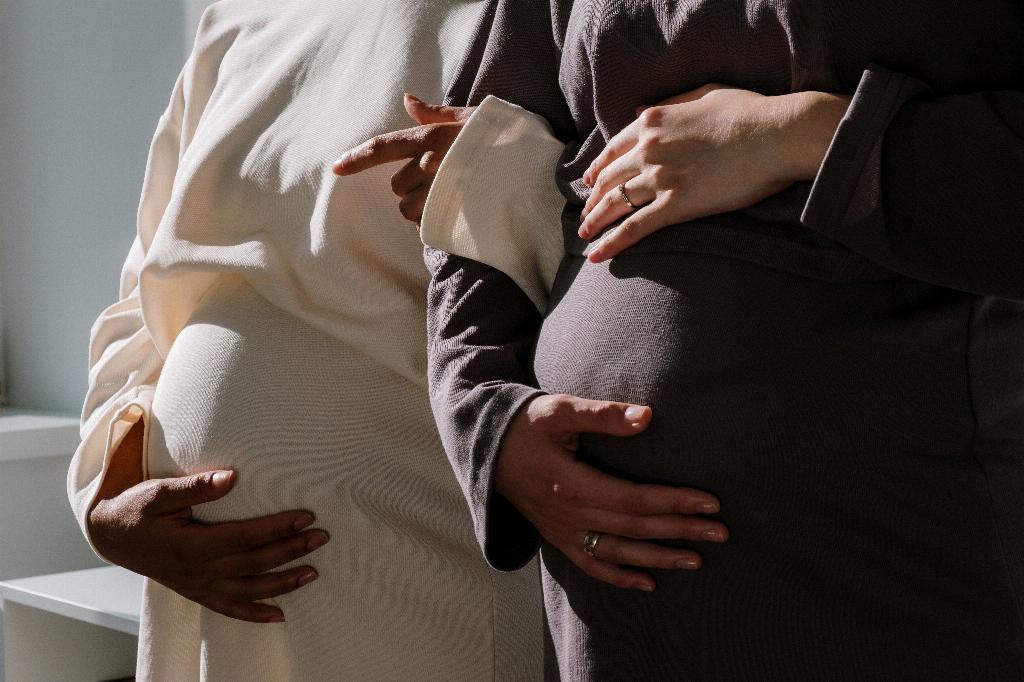During pregnancy, it’s crucial to pay attention to your health and be mindful of any signs or symptoms that may indicate high blood pressure. High blood pressure, also known as hypertension, can pose serious risks to both the mother and the baby if left untreated. Understanding the signs of high blood pressure during pregnancy is vital for early detection and proper management.
1. Persistent Headaches
One of the common signs of high blood pressure during pregnancy is persistent headaches that don’t seem to go away with rest or hydration. These headaches may be accompanied by visual disturbances, such as blurred vision or seeing spots, which could indicate a more severe condition called preeclampsia.
2. Swelling
Swelling, particularly in the hands, face, legs, or feet, can be a sign of high blood pressure during pregnancy. While some swelling is normal during pregnancy, excessive or sudden swelling should be reported to your healthcare provider for evaluation.
3. Shortness of Breath
Feeling out of breath or experiencing difficulty breathing, especially when undertaking tasks that normally wouldn’t cause such symptoms, can be a sign of high blood pressure. This may be due to the strain that high blood pressure puts on the heart and lungs.
4. Abdominal Pain
Abdominal pain, particularly in the upper right side, may indicate a complication related to high blood pressure, such as preeclampsia or HELLP syndrome. If you experience persistent or severe abdominal pain, seek medical attention immediately.
5. Nausea or Vomiting
While morning sickness is common during the early stages of pregnancy, persistent nausea or vomiting later in pregnancy could be a sign of high blood pressure. These symptoms can be indicative of complications that require medical intervention.
6. Dizziness or Lightheadedness
Feeling dizzy or lightheaded, especially when changing positions or standing up quickly, may be a symptom of low blood pressure or high blood pressure during pregnancy. It’s essential to monitor these symptoms and inform your healthcare provider.
7. Changes in Urination
Changes in urination patterns, such as a significant decrease in urine output or noticing blood in the urine, can be associated with high blood pressure and related complications. These changes should be discussed with your healthcare provider promptly.
8. Fatigue
Feeling excessively tired or fatigued, even after getting an adequate amount of rest, could be a sign of high blood pressure during pregnancy. High blood pressure can impact energy levels and overall wellbeing, necessitating medical attention.
9. Rapid Weight Gain
Sudden or rapid weight gain, unrelated to normal pregnancy weight fluctuations, can be a warning sign of high blood pressure. Monitoring your weight and notifying your healthcare provider of any significant changes is essential for proper assessment.
10. Visual Disturbances
Visual disturbances, such as seeing flashing lights, blurred vision, or experiencing temporary vision loss, can indicate severe high blood pressure or preeclampsia. These symptoms require immediate medical evaluation to prevent complications.
11. Decreased Fetal Movement
Changes in fetal movements, such as decreased activity or kicks, can signal potential issues related to high blood pressure and should not be ignored. Contact your healthcare provider if you notice a decrease in fetal movement for prompt assessment.
12. Severe Symptoms
If you experience severe symptoms such as chest pain, seizures, severe headaches, or difficulty speaking, seek emergency medical care immediately. These symptoms could indicate a serious complication requiring urgent attention.

